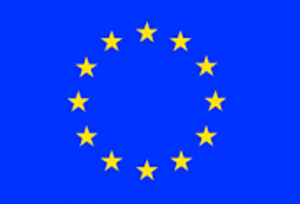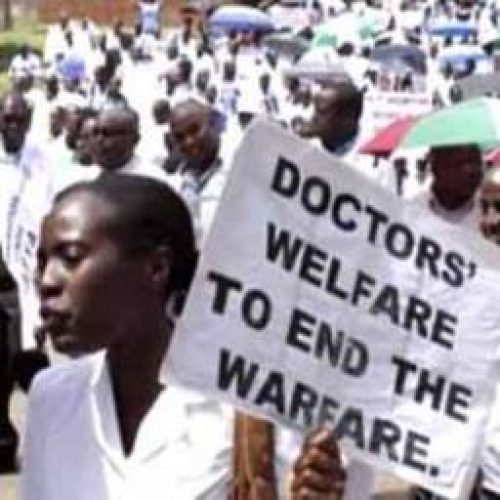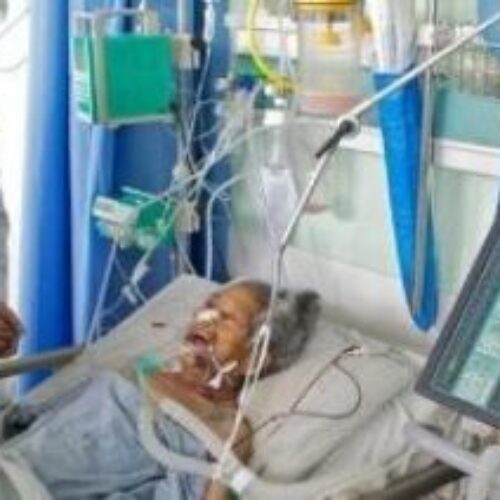Polio: EU reiterates commitment to Nigeria’s immunisation programme

The Europe Union, EU, has pledged its full commitment to Nigeria’s immunization programme despite fresh cases of polio recorded recently in Borno State.
The Union, working through the European Union Support for Immunization Governance in Nigeria, EU-SIGN, gave the assurance at its 2nd biannual review meeting with technical state counterpart and national stakeholders where it reviewed its programme implementation in Abuja recently.
23 states in the country and the FCT are beneficiaries of the 55 million euros immunization programmes of the EU-SIGN. The programme began in 2009 and would end in 2018.
Goals of the project include sustainable quality routine immunization through effective primary health care system and to support the interruption of wild polio virus in the country.
Speaking at the review meeting in Abuja, National Focal Person for the EU-SIGN, Dr Adamu Dawud said “The gains that have been recorded from the EU-SIGN are very clear. As I am talking to you, through this project, there is what is referred to as direct-drive solar refrigerator. These are refrigerators that we actually use to stock our vaccines so that they will remain in their potent state and we will be able to carry them out within the health facilities, even when we are doing outreach, to be able to immunize children. And, the project has supplied 757 direct-drive solar refrigerators. And, they are going to be beneficial to 23 states and the FCT.”
Immunization expert for the project at national level Dr James Onoja Attah said: “The significance of this meeting is that we are actually here to review our activities for the past one year and see whether we’ve been able to achieve the goals we set out for ourselves, and further re-define our direction to make amends, to see how we can improve on what we have achieved so far.
“This project is defined into key result areas. EU-SIGN is supporting immunization governance and Nigeria. The first area is strong governance in immunization. We’ve tried to support the setting up of a structure to see that the states have primary health care development agency in place. It is a body that governs immunization and other public health and other primary health care activities. If that structure is in place, it means we are on a right track. That is one. Number two, we are trying to address key areas that we have identified in the state. And, one of the gaps is cold chain system that keeps our vaccines.”
On the project, he said: “The project aims at achieving four key goals for the nation namely: improve state and LGA management systems and stewardship of PHC geared towards routine immunization including policies and practice/guidelines for PHC, and improve delivery of routine immunization services via the PHC system including infrastructure for routine immunization, transport and immunization equipment.
“Others are to improve information and knowledge generation for routine immunization, including operational research to drive policies, planning and routine programme implementation; and interruption of polio infection.
About author
You might also like
Resident doctors give FG Sept 30 ultimatum to address health sector issues
Resident doctors in Nigeria, appear set for another showdown with the Federal Government as they have given the federal and state governments a September 30 deadline to implement all pending issues
‘We have successfully remodeled Edo State’s health care system’
Exactly one year ago, the governor of Edo State, Mr. Godwin Obaseki appointed Prof. Obehi Akoria, a consultant physician and head of the Geriatric team of the University of Benin
Sepsis kills 11 million yearly – WHO
WHO calls for global action New studies by the World Health Organization (WHI) has revealed that sepsis, a potentially life-threatening condition caused by the body’s response to an infection, kills







0 Comments
No Comments Yet!
You can be first to comment this post!